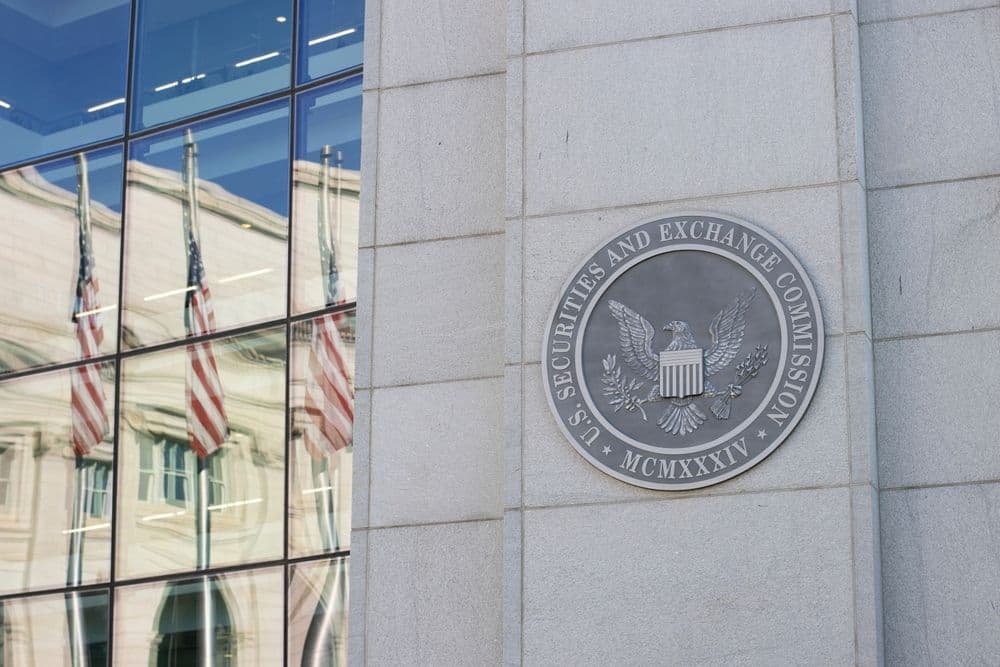Paul S. Atkins was sworn in on April 21, 2025, as the 34th Chair of the U.S. Securities and Exchange Commission (SEC), marking a pivotal moment for the regulation of digital assets in the United States.
Nominated by President Donald J. Trump and confirmed by the Senate on April 9, Atkins succeeds Gary Gensler, whose tenure was characterized by a stringent regulatory approach toward cryptocurrencies and digital asset platforms.
Atkins’ appointment is widely viewed as a signal of a more market-friendly and innovation-oriented regulatory regime, with significant implications for the crypto industry, investors, and broader financial markets.
Background and Professional Profile
Paul Atkins is no stranger to the SEC or to financial regulation. He previously served as an SEC Commissioner from 2002 to 2008, appointed by President George W. Bush. During his earlier tenure, Atkins was known for advocating transparency, consistency, and the use of cost-benefit analysis in regulatory decisions, emphasizing the importance of balancing investor protection with capital formation and market efficiency.
After leaving the SEC, he founded Patomak Global Partners in 2009, a consultancy specializing in regulatory compliance and risk management, particularly for the financial services and digital asset sectors. He also served as an independent director and non-executive chairman of BATS Global Markets from 2012 to 2015, further cementing his credentials in market operations and technology-driven financial innovation.
Atkins’ return to the SEC as Chair comes at a time when the digital asset market is rapidly evolving but remains hampered by regulatory uncertainty and enforcement actions that many in the industry view as heavy-handed or inconsistent. His leadership is expected to steer the SEC toward clearer, more predictable rules that foster innovation while maintaining investor protections.
Market Reaction and Industry Response
The crypto market responded with a mix of optimism and caution following Atkins’ swearing-in. Bitcoin’s price surged by over 7% on the day of his appointment, briefly surpassing $93,000, reflecting investor confidence in a more favorable regulatory environment. However, some reports noted short-term volatility, with Bitcoin and Ethereum experiencing price dips and increased trading volumes immediately after the announcement, signaling market participants adjusting to the new regulatory outlook.
Industry leaders have warmly welcomed Atkins’ appointment. Brad Garlinghouse, CEO of Ripple Labs, praised Atkins for bringing “common sense back to the agency,” while Cameron Winklevoss, co-founder of Gemini, highlighted the need for the SEC to foster innovation rather than stifle it[6]. Senator Cynthia Lummis also expressed optimism about Atkins’ leadership, emphasizing the potential for positive change in crypto regulation.
Conversely, some Democrats, including Senator Elizabeth Warren, voiced concerns that Atkins’ free-market approach might reduce oversight and increase risks for investors, underscoring the political tensions surrounding crypto regulation.
Policy Shifts and Regulatory Priorities
Atkins has been vocal about his intention to move away from the SEC’s previous “regulation-by-enforcement” strategy, which relied heavily on punitive actions against crypto firms without clear regulatory guidance.
Instead, he advocates for a “rational, coherent, and principled approach” that provides a firm regulatory foundation for digital assets, balancing innovation with investor protection.
Establishing Clear Guidelines for Digital Assets
One of Atkins’ top priorities is to develop definitive regulatory frameworks for digital assets, which have long suffered from ambiguous classification and inconsistent treatment under securities laws.
He supports working collaboratively with industry stakeholders and Congress to craft rules that clarify which digital assets qualify as securities and which fall outside SEC jurisdiction, such as certain stablecoins. This clarity is expected to reduce legal uncertainty, encourage innovation, and attract institutional investment.
Reevaluating Enforcement Actions
Atkins may reassess ongoing enforcement actions against major crypto firms, including those involving Coinbase, Kraken, Robinhood, and Ripple. Under his leadership, the SEC could adopt a more measured approach, focusing on fairness and transparency rather than aggressive litigation.
This shift could ease tensions between regulators and industry players, fostering a more cooperative regulatory environment.
Collaborative Regulation and Market Confidence
Atkins emphasizes the importance of collaboration between regulators and market participants to create policies that protect investors without stifling technological progress.
He has expressed support for maintaining the SEC’s mission to facilitate capital formation and maintain fair, orderly, and efficient markets, while ensuring the U.S. remains the best place to invest and do business.
Other Regulatory Focus Areas
Beyond digital assets, Atkins is expected to review the SEC’s Consolidated Audit Trail (CAT) requirements, a system designed to monitor equity and options trading but criticized for its cost and privacy concerns.
He also faces challenges related to climate-related disclosures, private market democratization, and agency reorganization, all of which will shape the SEC’s broader regulatory agenda.
Challenges Ahead
Atkins assumes leadership amid significant challenges. The SEC has experienced notable personnel losses due to buyouts and retirements, which could slow regulatory proceedings. Additionally, the crypto industry faces rapid innovation, market instability, and calls for clear norms to prevent fraud and protect investors.
Balancing these competing demands will be critical for Atkins as he seeks to implement his vision.
Political polarization also presents hurdles. His confirmation vote was largely along party lines, reflecting differing views on the appropriate level of regulation for digital assets. Managing these political dynamics while maintaining the SEC’s independence and effectiveness will be essential.
A New Era for Crypto Regulation
Paul Atkins’ appointment signals a transformative period for the SEC and the U.S. financial markets, especially the cryptocurrency sector. His pro-innovation stance and commitment to clear, consistent regulation offer hope for a more stable and growth-friendly environment for digital assets.
The anticipated regulatory clarity could unlock capital formation, encourage technological advancement, and enhance investor confidence.
However, the path forward will require careful navigation of complex legal, technological, and political landscapes. Atkins’ ability to foster collaboration among regulators, industry, and lawmakers will be pivotal in shaping the future of crypto regulation in America.



